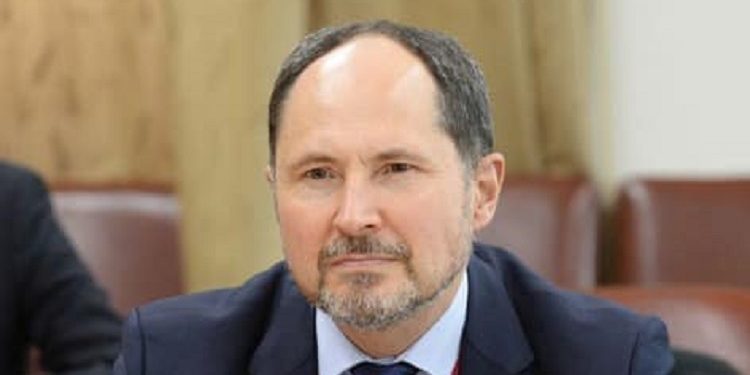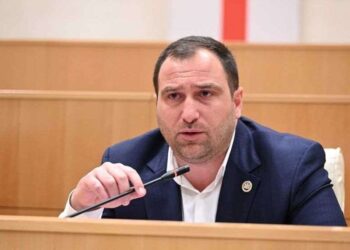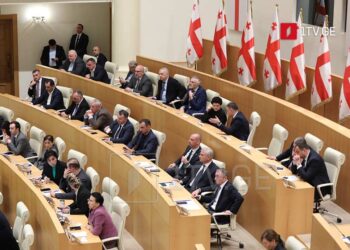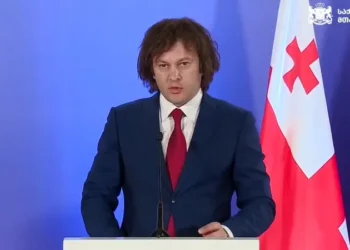Integration into the European Union requires unanimity, and we all have already heard several member states publicly stating that they will oppose opening accession negotiations with Georgia” – said EU Ambassador to Georgia, Pawel Herczynski.
The Ambassador noted that the EU, next week, will decide about the consequences if the law on ‘Transparency of Foreign Influence’ is enacted.
“When it comes to EU-Georgia relations, with huge regret, I have to tell you that we are currently undergoing a difficult period in our relationship. We have said repeatedly that enacting the law on foreign influence would adversely affect Georgia’s EU aspirations. Unfortunately, this has happened,” he said.
“Next week, the European Union will discuss the consequences. Discussions will happen first at the level of foreign ministers, and several days later at the level of the leaders. The presidents and prime ministers will discuss and decide what measures we will take in response to the events in Georgia.
“For sure, the prospects of Georgia moving forward have been adversely affected. Basically, the adoption of this law, as I see, has frozen Georgia’s EU integration. As you know, integration into the European Union requires unanimity, and we all have already heard several member states publicly stating that they will oppose opening accession negotiations with Georgia if this law is enacted. It has been enacted, and consequences will be decided next week,” he said.
When asked what measure the European Union will consider taking against Georgia after the enactment of the law, Pawel Herczynski said:
“I cannot pre-empt the discussion that will happen next week among foreign ministers and then among prime ministers, presidents. We need to wait what measures will be chosen by member states and what measures will be implemented. What I can say is that, as the European Commission and European External Action Service, we have provided a menu to member states and it will be for the member states to decide what measures from that menu will be chosen,” he said.
When asked whether the EU is also thinking about imposing visa restrictions like the US did, the Ambassador answered that the tools that the EU might employ are different from the US.
“The United States is a close and like-minded partner of the European Union. We tried to coordinate our positions across all the issues. However, we are very different. And the instruments that we can employ are very different for obvious reasons. The European Union is an inter-governmental institution of 27 sovereign countries. Sometimes the US acts much quicker than we do. Again, we coordinate, we share information, but our actions are rarely identical, and they don’t need to be so,” he said.














